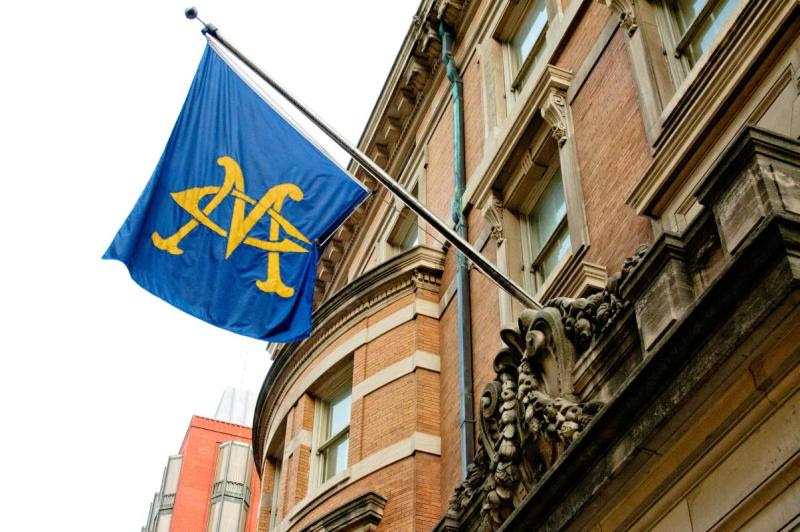
SHILOH BATTLEFIELD, Tennessee—It’s rare in history that spymasters get credit for victories, but, then again, only occasionally are they blamed for disasters. Few are so bold or so foolish as to declare that something is an absolute fact, as CIA Director George Tenet did when he told President George W. Bush the intelligence confirming Saddam Hussein had weapons of mass destruction was a “slam dunk.”
No, the language of espionage is a language of qualification. Do the Iranians have a nuclear weapons program? A key National Intelligence Estimate in 2007 concluded they sort of didn’t but, then again, might just. (“We judge with high confidence that in fall 2003, Tehran halted its nuclear weapons program; we also assess with moderate-to-high confidence that Tehran at a minimum is keeping open the option to develop nuclear weapons.”)
One can imagine the frustration of presidents, or for that matter, generals, when they get that kind of fact-fudged information. So the question often becomes, for them, less about what information can trusted than about whose information and whose judgment can be trusted, and that person, whether as spymaster, chief of staff, or with some more mysterious title, becomes the bearer of good news, bad news, and, most importantly, trusted news.
But that person is not in the public eye. The leader he or she reports to gets the credit or the blame. And when it comes to the military, the spymaster or staff officer remains in the shadows, without a command, and without a reputation; a footnote in hundreds of histories, the central figure in few or none.
Such a man, here at the horrific Battle of Shiloh in April 1862, was Adjutant-General Thomas Jordan, who had been Confederate Gen. Pierre Gustave Toutant Beauregard’s right-hand man since before the first Battle of Bull Run the year before, who would stay with him through most of the war, and who defended Beauregard’s reputation ferociously—one might say as if it were his own—ever afterward.
Shiloh, which took place almost one year after the Rebel attack on Fort Sumter that started the American Civil war, was the first truly bloody battle in a conflict that eventually turned slaughter into an industrial activity. At Shiloh there were more casualties (killed, wounded and missing) than in all the previous American wars combined: from the Revolution to 1812, from the Halls of Montezuma to the shores of Tripoli, the carnage pales by comparison.... MORE
 |
| A derelict filling station that's a relic of the South where I grew up. |
 |
| Rifles, including assault rifles, for sale at the Bass Pro Shop pyramid in Memphis. |
 |
| The statue of Jefferson Davis in Memphis, Tennessee |
 |
| A quiet corner of Corinth, Mississippi |
 |
| Wasps on a cannon at Shiloh Battlefield |



